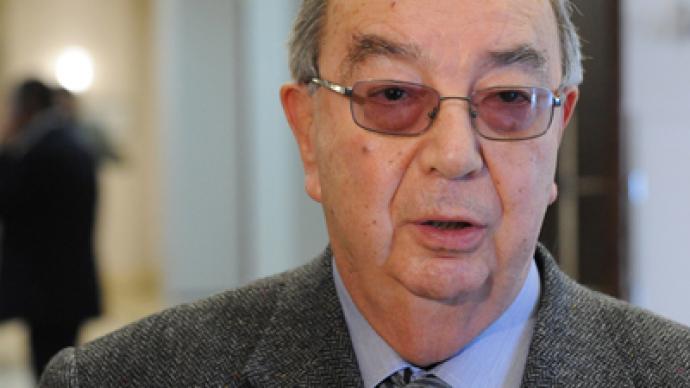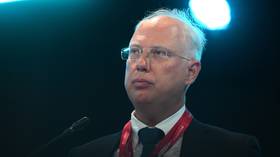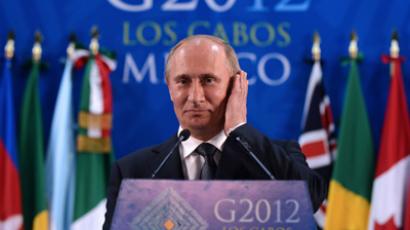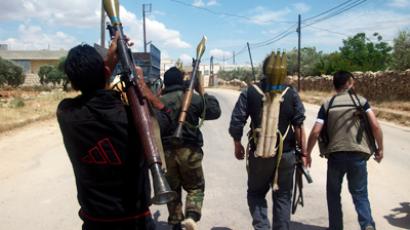Mid-East pundit warns of possible Israeli strike on Iran

Former Russian PM and intelligence chief Evgeny Primakov has described the conflict in Syria as a full-scale civil war with religious background and heavy foreign interference and again warned against the Israeli aerial strike on Iran.
Primakov, who is a major Russian expert on Mid-East problems, dedicated an extensive interview with the Russian government’s daily Rossiiskaya Gazeta to the results and prospects of the so called Arab Spring – a series of recent regime changes in North African countries and the still-raging conflict in Syria.At the beginning of the interview Primakov described the US, Saudi and Qatari help to the Syrian opposition as direct interference in another nation’s internal affairs that results in the suffering of civilians. He also said that Russia’s position over the issue is appropriate, just and moral. Citing personal experience, the expert noted that President Assad and the Baas party have millions of supporters in the country, and the continuing foreign interference would only lead to more tension and more casualties. Speaking of reasons for and possible consequences of the conflict, Primakov pointed out the religious component. He said that the League of Arab States is supporting the Syrian opposition because these states fear that, should President Assad prevail, Iraq, Iran, Syria and Lebanon will become a so-called “Shia belt” – united and strong political group with Shia Muslim majorities that oppose other Arab nations dominated by Sunni Muslims. Primakov added that Al-Qaeda, being a Sunni organization, also opposes the Syrian authorities. At the same time, the Russian expert stressed that the Sunni victory in Syria would inevitably lead to large-scale repressions and casualties among the Shiites. “All talks that the West, by supporting Syrian opposition, seeks democracy and stability in Syria are absolutely worthless. There will be neither stability nor democracy,” Primakov said.The expert noted that the authorities should also share responsibility for the Arab Spring as such people as Gaddafi, Mubarak and Ben Ali had de facto usurped their power and people became tired of dictators. Speaking of the US role in the Arab Spring events, Primakov said that the demonization of the United States was false and dangerous. He said that Hosni Mubarak, for example, completely suited the United States (and Russia) as a leader and Americans were very worried at the outset of the unrest. Later, and quite quickly, they understood that a return was impossible and started building their relations with the new authorities, but if the State Department can be blamed for anything, it should be poor understanding of the internal politics of Arab nations. Primakov also commented that he expected no new revolutions in the region in the nearest future. Answering the question if the threat of Israeli strike on Iranian nuclear sites was real, Primakov stressed that a lot depends on the US position on the issue. He said that the United States will not support such a move before their own presidential elections but, as has happened before – for example in 2008 Georgian aggression against South Ossetia – the local government can press to pursue its own goals. Just as Georgia’s President Saakashvili hoped for US interference in the 2008 conflict, some Israeli officials can be persuaded by US politicians outside Obama’s administration to take the risks. At the same time, the former Russian intelligence chief said that the ground operation by Israel against Iran was currently impossible and the results of an aerial strike could be serious and worrying. Iran would quickly recover, quit the international agreements on non-proliferation and launch a full-scale program to develop nuclear weapons.














